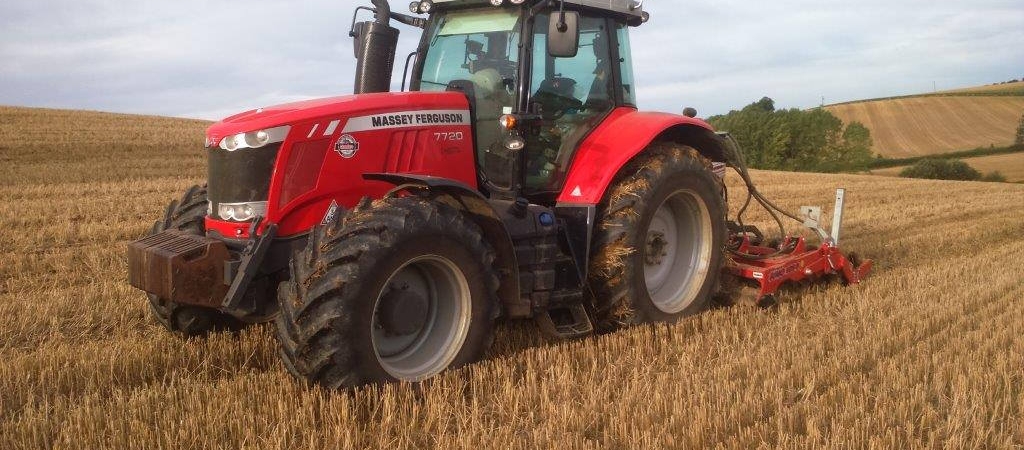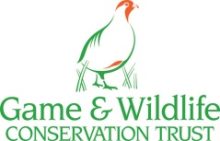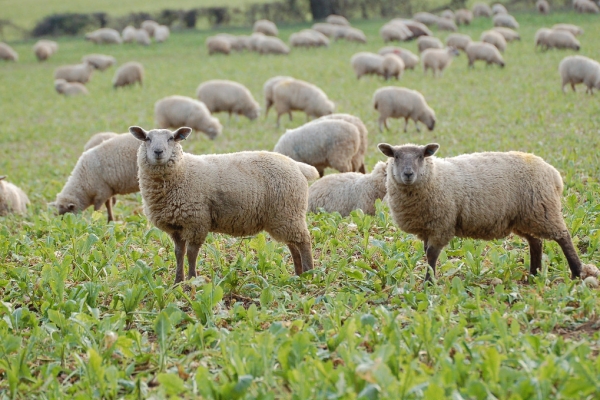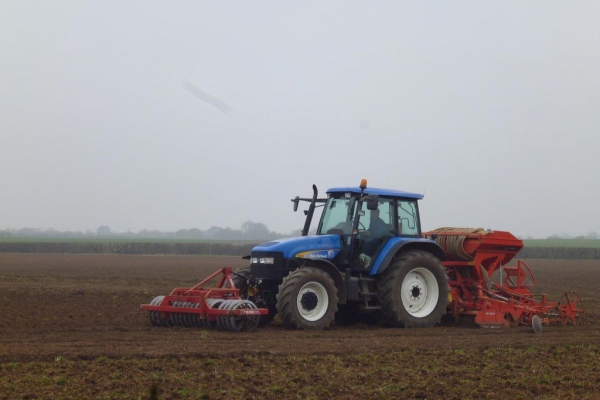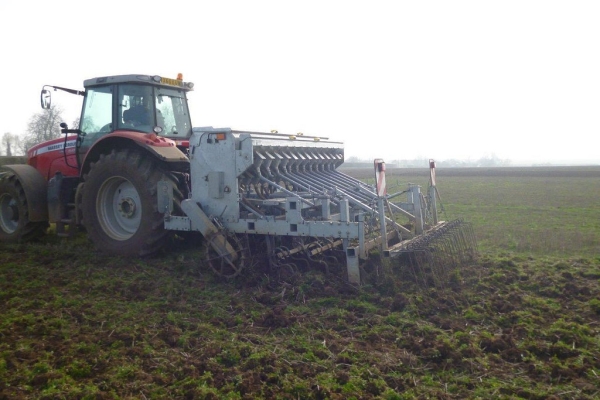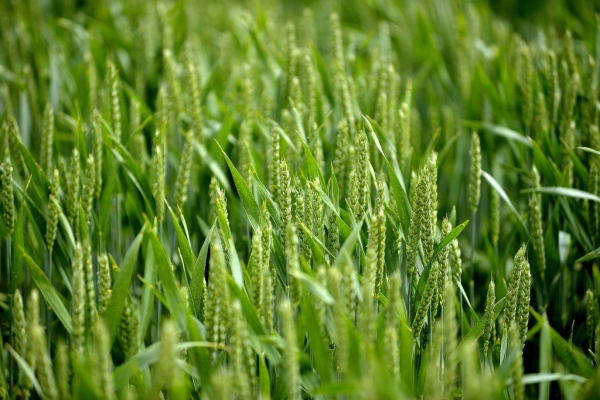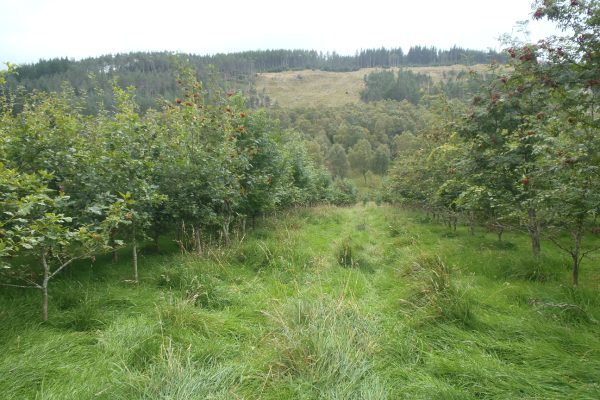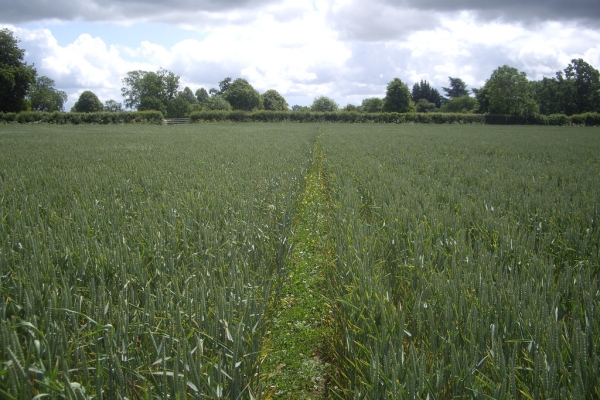Economic and ecological benefits of reduced tillage in the UK
Resource explained
Reduced tillage, often used in combination with other pillars of conservation agriculture, a wider rotation and continual soil cover, can create cost savings and improve crop margins. This report by the Game & Wildlife Conservation Trust (GWCT), with support from the Frank Parkinson Agricultural Trust, compares reduced tillage against a conventional plough-based system, highlighting financial and ecological benefits. It explores opportunities to maximise yields and gross margins whilst making savings on labour, machinery and fuel costs. While increased management is often required, it outlines the benefits that can assist in a sustainable arable system, and that underpin an Integrated Farm Management (IFM) approach. It identifies challenges surrounding grass weeds, slugs and crop establishment and outlines potential improvements to soil resilience, structure, erosion, and drainage. It also explores positive impacts on nutrient cycling, and soil biology (whilst emphasising the importance of careful management), and wider environmental benefits to both farmland biodiversity and ecosystems.
Findings & recommendations
Please see here for a summary of the main points provided by the GWCT.
